A campaign group has urged Londoners not to engage with police community groups and instead search out independent activist groups.
The campaigns coordinator for the Network for Police Monitoring (Netpol), Kevin Blowe, said community-police interactions, such as ward panels and ‘walk and talks’, don’t lead to meaningful change and only seek to drown out public anger.
This comes as the Metropolitan Police is taking active steps to restore public trust, following the highly critical Baroness Casey Review released in March.
Blowe said: “If sitting down for tea with borough commanders and senior officers was doing anything other than clamping down on people’s anger then it would’ve done by now.
“I’ve been a critic of those sorts of meetings for at least a quarter of a century, and yet we are now hearing more stories than we ever have done.”
Blowe founded Netpol in 2009 to help set up independent community and activist based groups, such as Copwatch, that monitor policing across London and the rest of the country.
A key purpose of these groups is to provide a support network for people affected by policing ‘which is excessive, discriminatory or threatens civil rights’.
Islington, Camden and Tottenham are some of the most recent London boroughs to establish Copwatch groups.
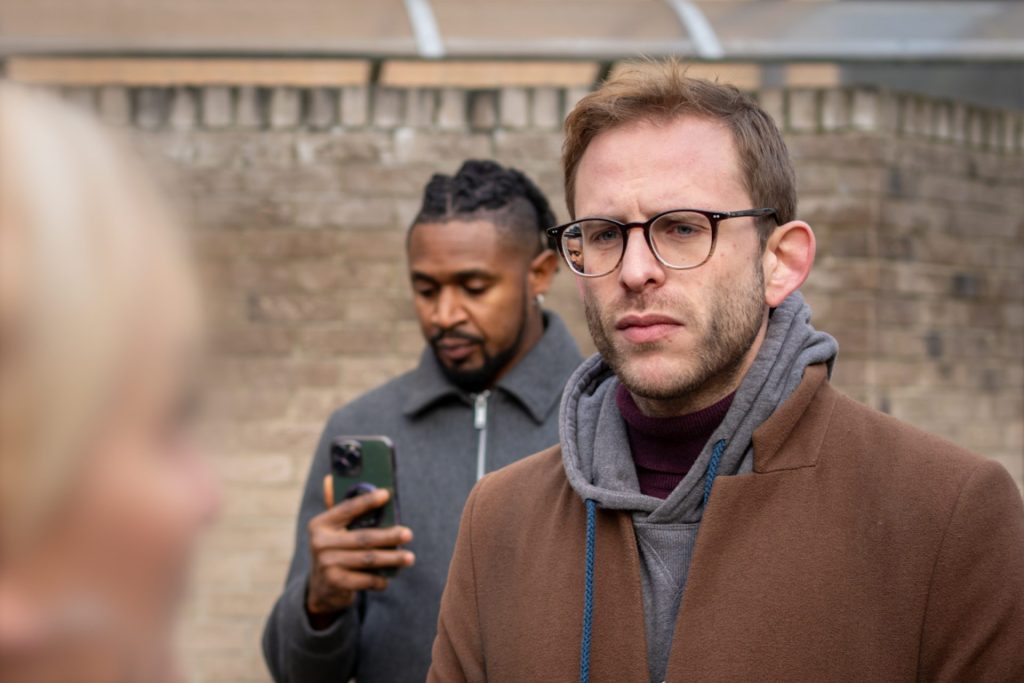
During a recent police ‘walk and talk’ in Holloway, Councillor John Woolf, executive member for community safety at Islington Council, said scrutiny is important for any public body.
Woolf said: “We don’t want to mark our own homework, so it’s always good to have external bodies scrutinising police activities.
“In Islington we have a stop and search monitoring group that is run and chaired by members of the community and we have our quarterly ward panel meetings, which are held by the police but chaired by a member of the community.
“Working in this way builds trust and confidence in the police, as it gives communities a forum to raise concerns and helps them to know how they’re being policed.”
Blowe is sceptical when senior officials say they welcome independent groups.
He argues many prominent activists have been absorbed into official roles in the past, where bureaucracy and red tape have caused them to lose enthusiasm.
He said: “What they’re trying to do is neutralise their effectiveness.
“That’s why it’s so important for these groups to remain independent and not get too cosy with the police in their boroughs, as it sidetracks them from their main role, which is to support individuals who are angry about their treatment from police.”
Islington police superintendent Jack May-Robinson said he is always happy to have conversations with independent groups.
He said: “The first thing to say is always ‘I’m sorry’.
“There have been cops that shouldn’t have been cops, but it’s happened and we are dealing with those individuals.
“At the same time, I want to highlight that the large majority of the 1,500 officers we have in Islington are brilliant, and they represent the majority of officers.”
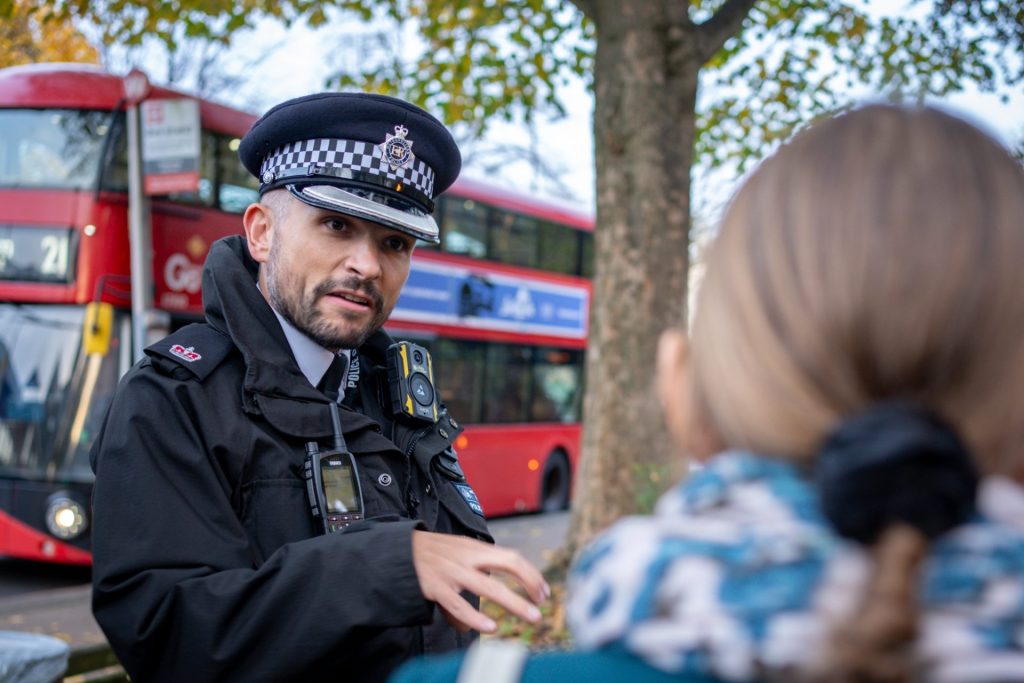
Blowe disagrees, arguing the notion that ‘it’s just a few bad apples’ has been widely discredited.
He said: “There have been repeated public reviews – from the Stephen Lawrence review to the Baroness Casey Review – that have said the problem is institutional.
“It’s not about there being a lot of good officers, it’s about whether the institution itself protects the bad ones or actively discourages people from speaking out.”
Islington police is currently rolling out a scheme to improve public trust and confidence, which has been developed to deliver on the wider ‘A New Met for London’ strategy.
For Blowe, the measure of success for groups like Copwatch is becoming a reliable base in a community that’s always ready to offer support and advice to those in need.
He said: “That may not sound that ambitious, but right now it would be an enormous step forward because it will make a huge difference to hundreds of people who otherwise wouldn’t get that help.”
Featured image credit: Oliver Halls
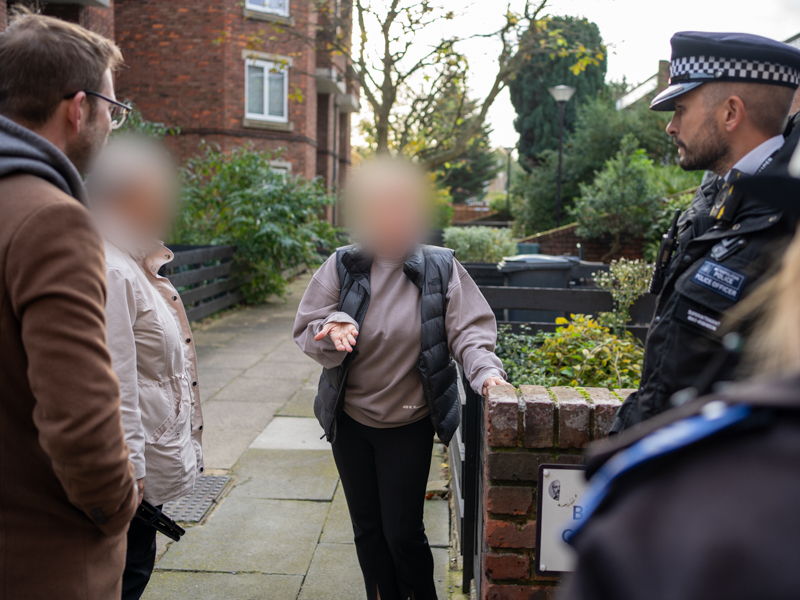
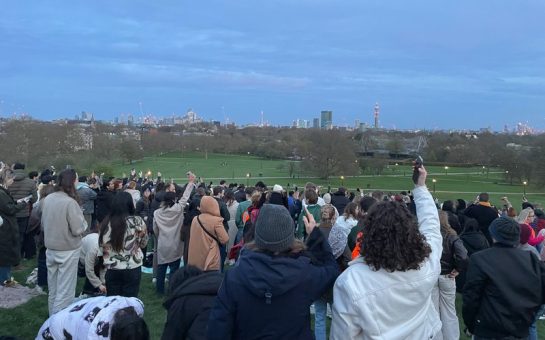
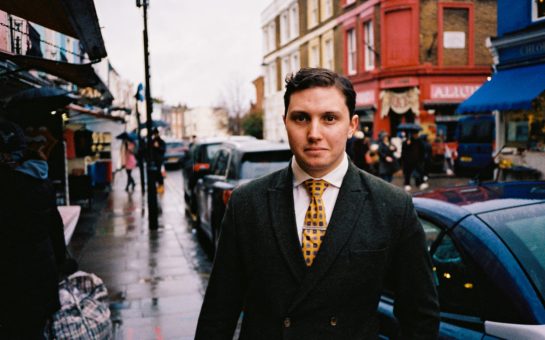
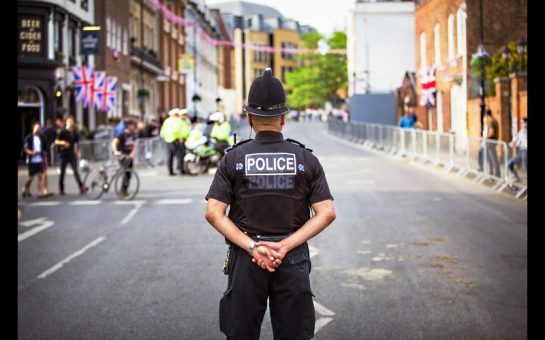
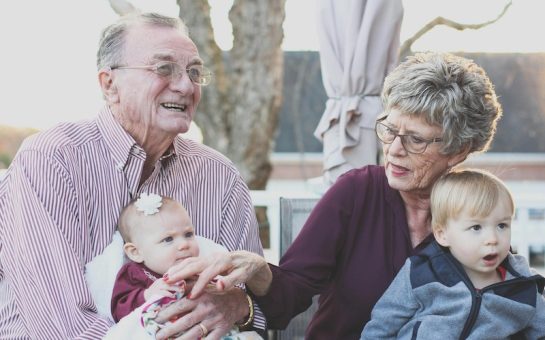
Join the discussion